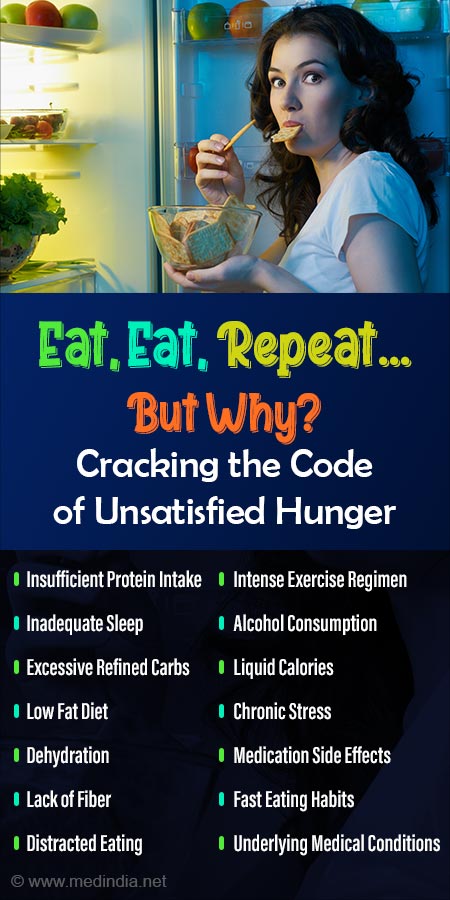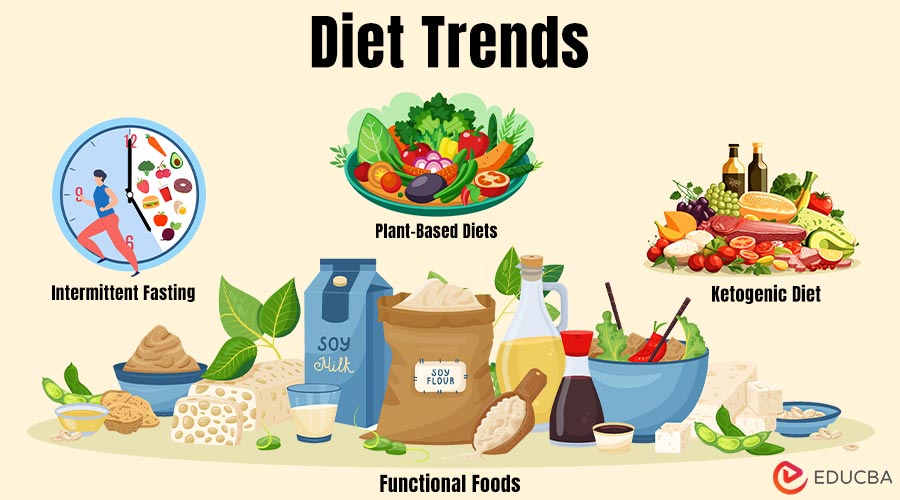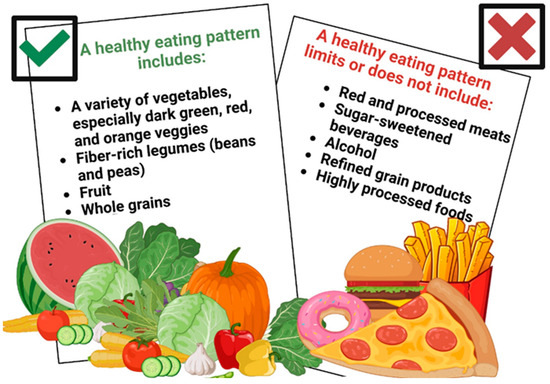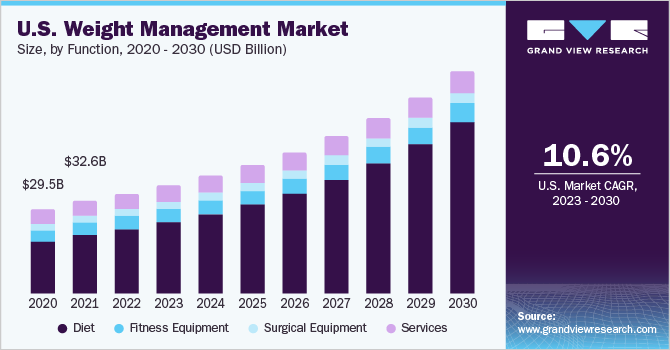Introduction to Weight Loss and Insufficient Eating
Have you ever felt like your energy is running low, similar to a phone with a dying battery? Your body needs the right amount of nourishment to function optimally, just as a phone needs a full charge to operate smoothly. When we don’t eat enough, it’s like trying to make a call on a phone with a low battery—inefficient and frustrating.

Image source: Source
Many people are tempted by quick weight loss solutions, often neglecting the importance of a balanced diet. This neglect can lead to the body entering a state of energy deficiency. While you might initially see a drop in weight, the underlying consequences are significant. Insufficient eating can impair your body’s ability to perform essential functions, just as a phone can’t operate properly without sufficient charge.

Image source: Source
In the short term, insufficient eating might cause symptoms like light-headedness, fatigue, or irritability. These are your body’s indicators that something is amiss. Over time, inadequate nutrition can lead to more serious health issues, such as a weakened immune system and nutrient deficiencies.

Image source: Source
Pursuing weight loss can be a healthy goal, but it’s important to achieve it through proper nutrition. Just as a phone requires consistent charging to work effectively, your body needs adequate nutrition to reach its full potential. Recognizing the impact of insufficient eating is crucial in making informed choices for your health and well-being.
What Is Insufficient Eating?
Insufficient eating occurs when you don’t consume enough food to meet your body’s energy requirements. This can be likened to trying to drive a car without enough fuel—it simply won’t function properly. Your body similarly needs energy from food to operate efficiently. But what causes people to eat less than they should? There are several common reasons.

Image source: Source
One of the main reasons is dieting trends. Many modern diets promise rapid weight loss by drastically cutting calories. While these diets might be appealing, especially with enticing before-and-after photos, they can lead to insufficient eating, which is unhealthy in the long term.

Image source: Source
Stress is another significant factor. During overwhelming times, whether due to work, school, or personal issues, you might skip meals or lose your appetite. Stress can disrupt your eating habits, leading you to consume less than your body needs.
Consider your own habits for a moment. Have you ever skipped meals because you’re too busy or trying to cut back on calories? Recognizing such patterns is the first step towards healthier eating habits.
It’s crucial to ensure your body receives the necessary fuel. Just as you wouldn’t let a car run out of gas, don’t let your body run on empty. Reflect on your eating practices and ensure you’re providing your body with the nutrients it needs to thrive.
The Science of Weight Loss from Insufficient Eating
When you cut down on the calories you consume, your body undergoes significant adjustments. Imagine your body as a computer. Just as a computer slows down to conserve battery, your body reduces its energy usage when food intake is insufficient. This mechanism helps your body cope with less fuel.

Image source: Source
Metabolism plays a crucial role in this process. It functions like your body’s engine, converting food into the energy needed for movement, growth, and basic functioning. When you eat less, your body slows down this engine, conserving energy in a manner similar to a computer in power-saving mode. This reduction in metabolic rate can make weight loss more challenging because your body strives to retain energy.
Furthermore, a consistent lack of calories can lead your body to break down muscle for energy rather than fat. Muscles are vital energy sources, and losing muscle can result in feelings of weakness and fatigue. This is akin to a computer slowing down as its components wear out.
While it might seem that eating less is an effective way to lose weight quickly, it actually triggers a series of bodily reactions that can hinder progress and impact health negatively. Just as a computer requires adequate power to function efficiently, your body needs sufficient food to keep its metabolism running smoothly. Understanding these processes is essential for managing weight healthily and effectively.
Health Risks of Insufficient Eating
When you don’t eat enough, your body can face serious health risks. Think of your body as a car; it needs fuel, in the form of food, to function properly. Without enough “fuel,” your body can’t perform at its best.

Image source: Source
One significant issue is malnutrition, which occurs when your body doesn’t receive the necessary nutrients it needs to maintain health. This can lead to consequences like weak bones, muscle loss, and even organ damage. Without these essential nutrients, your body struggles to perform vital functions.
Insufficient eating also compromises your immune system. The immune system serves as your body’s defense mechanism against illnesses. When deprived of energy and nutrients, the immune system weakens, leaving you more vulnerable to infections and diseases.
Furthermore, inadequate nutrition can impact mental health. Your brain requires energy from food to function optimally. Without sufficient intake, you may experience fatigue, irritability, or even depression, akin to trying to drive a car with an empty tank.
It’s crucial to be mindful of both the quantity and quality of your food intake. Ensuring adequate nutrition supports not only your physical health but also your mental well-being. Just like maintaining a car requires regular care and the right fuel, your body requires consistent nourishment to remain healthy and strong.
Current Weight Management Trends
In today’s fast-paced world, many weight management trends promise quick fixes and dramatic results. However, these trends often come with significant pitfalls, primarily promoting insufficient eating. One popular trend is the rise of extreme calorie-restrictive diets. These diets might seem appealing at first because they promise rapid weight loss, but they often lead to a cycle of deprivation, followed by binge eating when the body demands the nutrients it has been missing. Imagine trying to run a marathon on an empty stomach—eventually, your body will give out.

Image source: Source
Intermittent fasting, where eating is limited to specific windows of time, is another trend gaining traction. While some find success with this approach, others may unintentionally consume too few calories, leading to the same issues associated with insufficient eating. It’s essential to ensure that during those eating periods, you’re consuming enough nutrients to sustain your body’s needs.
Additionally, the influence of social media cannot be underestimated. With influencers showcasing their weight loss journeys, often through drastic measures, the pressure to conform can lead to unhealthy eating patterns. It’s crucial to remember that what works for one person may not work for you, and these trends often lack personalization and the necessary balance.
So, how can you navigate these dieting trends without falling into the trap of insufficient eating? Start by focusing on balance and sustainability. Instead of cutting out entire food groups or drastically slashing your calorie intake, aim for a diverse diet that includes all the essential nutrients. Think of your meals as fuel for your daily activities.
Moreover, listen to your body’s cues. Hunger is a natural signal that your body needs energy. Ignoring it might lead to long-term health issues. If you find yourself drawn to a particular diet trend, it’s always a good idea to consult with a nutrition expert who can guide you in making informed choices that support your health goals. Remember, sustainable weight management is not about quick fixes but about adopting long-term habits that make you feel good inside and out.
Reflect on why you’re drawn to these trends. Is it for health, aesthetics, or social approval? Understanding your motivation can help you make decisions that align best with your personal health and well-being.
Identifying Insufficient Eating Habits
Recognizing insufficient eating habits in yourself or others is crucial for maintaining a healthy lifestyle. These habits can often be subtle, sneaking up on you like a slow leak in a bicycle tire, gradually deflating your energy and well-being. So, how can you spot them?

Image source: Source
First, pay attention to physical signs. Are you or someone you know frequently feeling tired, dizzy, or irritable? These can be your body’s way of signaling that it’s not getting enough fuel. Another red flag is losing weight without trying. If the scale is dropping and you haven’t changed your exercise routine or consciously altered your diet, it might be time to examine your eating habits more closely.
Beyond physical symptoms, consider the psychological aspects of your relationship with food. Ask yourself: Are you often skipping meals or feeling guilty about eating? Do you find yourself avoiding certain food groups altogether? These behaviors might indicate that you’re not consuming enough nutrients. Cultural or societal pressures can sometimes lead people to eat less without realizing the potential harm they’re doing to their bodies.
For a deeper understanding, consider consulting with a nutrition expert. They can provide personalized advice and help you assess whether your current eating patterns are meeting your body’s needs. A professional can offer guidance on identifying areas where you might be falling short and suggest tests or evaluations to better understand your nutritional status.
By staying vigilant and asking the right questions, you can ensure that your eating habits support your health. Recognizing these signs early on allows you to make necessary changes, fostering a more balanced and nourishing lifestyle. If you’re ever in doubt, don’t hesitate to reach out to professionals who can guide you toward healthier eating habits.
Strategies for Healthy Eating
Maintaining a healthy weight involves getting the right nutrients without overeating or undereating. Simple strategies can help keep your diet balanced and effective, focusing on balanced meals and consistent eating schedules that support both physical health and community connections.

Image source: Source
Eat balanced meals by including a variety of food groups: proteins, carbohydrates, healthy fats, and plenty of fruits and vegetables. Visualize your plate as a canvas full of colorful, nutritious foods. For example, a balanced dinner might include grilled chicken, quinoa, steamed broccoli, and a vibrant salad with olive oil. This approach ensures you receive essential nutrients, helping you feel full and satisfied.
Stick to a regular eating schedule to regulate your metabolism. Are you eating at consistent times daily? Skipping meals or eating irregularly can disrupt your metabolism and lead to overeating. Try to eat at roughly the same times each day to help manage hunger signals and simplify meal planning. Sharing meals with family or friends can also transform eating into a social occasion, strengthening bonds and providing support for healthy eating habits.
Remember, healthy eating is about balance and consistency. Focus on balanced meals and regular eating times to nurture your body and connect with others sharing similar goals, making the journey enjoyable and sustainable.
Real-Life Examples and Expert Opinions on Nutrition
Consider the story of Sarah, a busy college student balancing classes, a part-time job, and social commitments. In her attempt to lose weight quickly, she often skips meals, leading to fatigue, difficulty concentrating, and frequent colds. This scenario illustrates the detrimental effects of insufficient eating.
In contrast, John recognized the negative impact of his rapid weight loss and sought guidance from a nutritionist. By incorporating balanced meals into his schedule, he maintained healthy weight loss while boosting his energy levels and overall health.
Nutrition experts emphasize the importance of a balanced diet. Dr. Emily Roberts, a renowned dietitian, advises focusing on nutrient-rich foods for sustained energy. “Your body is like a car that needs fuel to run efficiently,” she explains. “Without enough fuel, you won’t go very far.”
Similarly, nutritionist Maria Sanchez highlights the benefits of regular meals, warning against skipping meals as it often leads to overeating. She recommends aiming for three balanced meals daily with healthy snacks in between to maintain metabolic stability.
By integrating these expert insights, you can achieve sustainable weight loss and bolster your long-term health. A balanced diet is not just about weight loss—it’s about fueling your body to perform at its best every day.
Actionable Strategies for Balanced Eating
Weight loss due to insufficient eating can lead to complex health issues with serious implications. It’s not just about reducing calorie intake; it’s about finding the right balance your body needs to function optimally. Insufficient eating can result in malnutrition and weakened immunity, affecting your quality of life.
So, how can you maintain a healthy diet? Focus on eating a variety of foods regularly to stay healthy. This means consuming a mix of nutrients, eating at regular intervals, and paying attention to your body’s hunger signals. Instead of fixating on weight loss, aim for a diet that supports overall well-being.
Consider seeking guidance from nutrition experts who can offer personalized advice to help you achieve a balanced diet. By making informed choices and prioritizing your health, you can manage your weight sustainably without compromising your body’s needs. Embrace a lifestyle where balanced eating is a daily habit, ensuring your long-term health and well-being.
